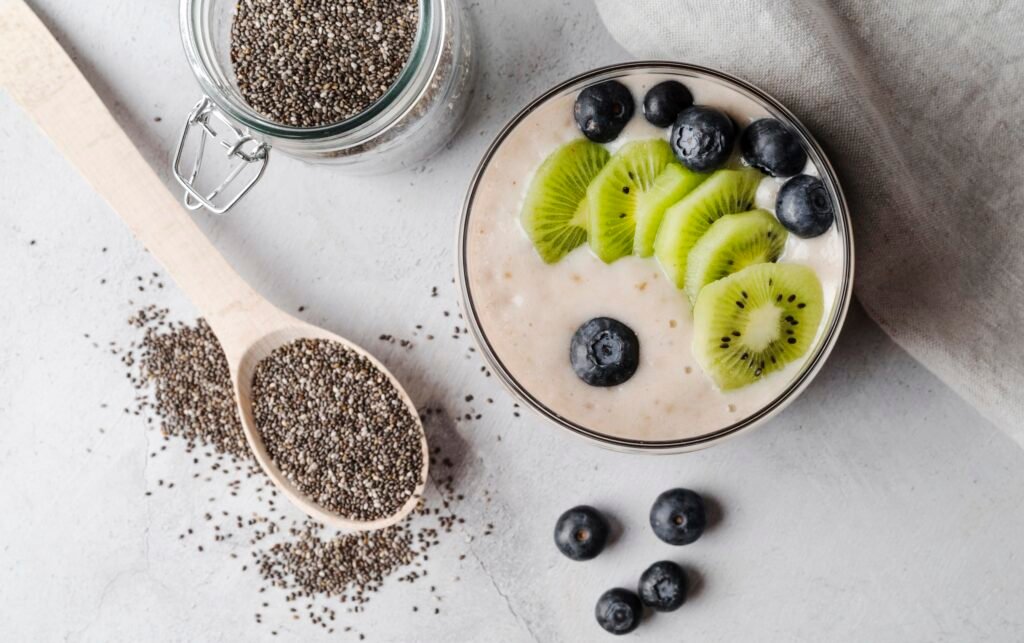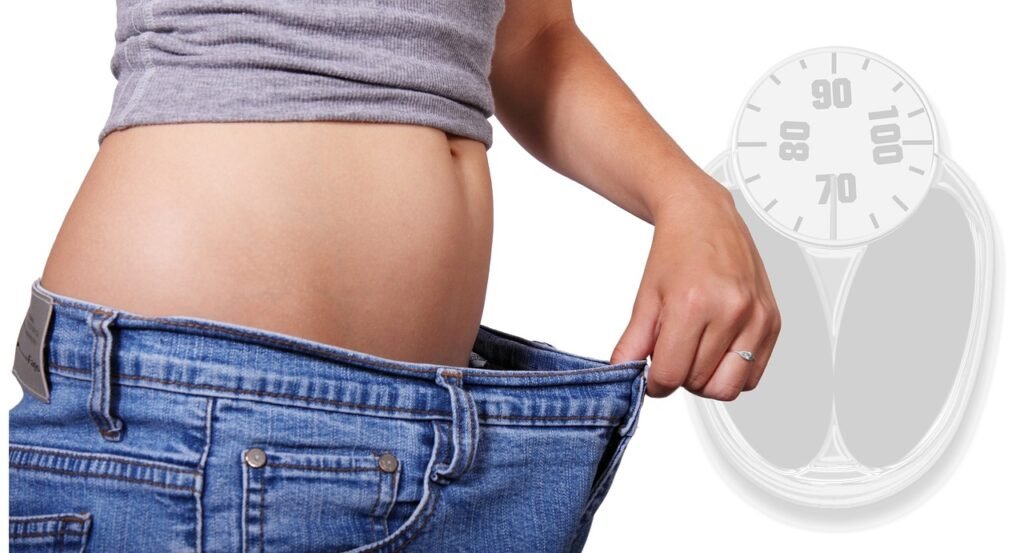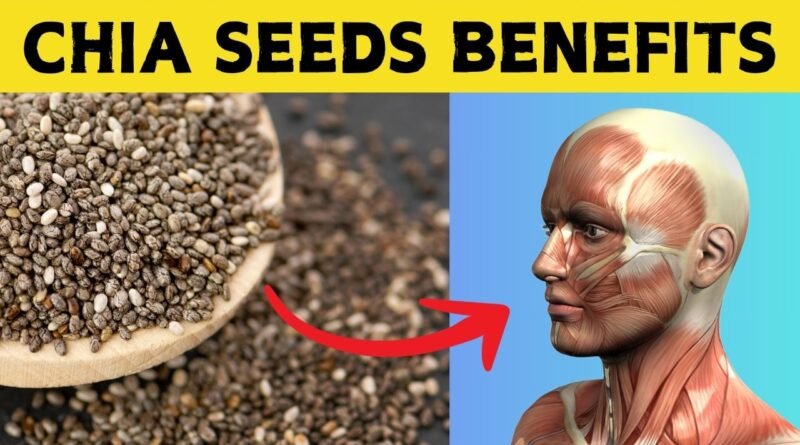Chia Seeds Benefits Have Been Proven
Chia seeds are known as the seeds of the Salvia hispanica plant, which belongs to the same family as mint and basil. This plant is native to Guatemala and Mexico.
In ancient times, chia seeds were used as a dietary food. However, with their high content of protein, fiber, fatty acids, and various minerals and antioxidants, chia seeds have quickly become a popular food item and are widely incorporated into daily diets.

Nutritional Components of Chia Seeds
Despite their small size, chia seeds are a rich source of nutrients for the body. Compared to other seeds such as sesame or basil seeds, chia seeds have a significantly higher nutritional value. In 28 grams of chia seeds, there are:
Calories: 137
Carbohydrates: 1 gram
Protein: 4 grams
Fat: 9 grams (mostly omega-3)
Fiber: 11 grams
Manganese: 30% RDI
Magnesium: 30% RDI
Calcium: 18% RDI
Phosphorus: 27% RDI
Additionally, other minerals like vitamin B1 (thiamine), vitamin B2, vitamin B3 (niacin), zinc, and potassium are also present.
Today, chia seeds have become an essential food, favored by many due to their incredible health benefits, which include:
1. Benefits of Chia Seeds for Weight Loss
As mentioned above, chia seeds are extremely rich in fiber, which also helps nourish the beneficial bacteria in the gut and balance the gut microbiome, thereby enhancing overall health. With 40% of their weight being fiber, chia seeds are classified as one of the best sources of fiber in the world.
Moreover, chia seeds can absorb water and expand up to 16 times their original weight. Therefore, eating or drinking chia seeds helps you feel full longer, reduce cravings, and eat less during main meals. Additionally, chia seeds promote fat burning in the body, leading to effective weight loss.
Furthermore, the amount of carbs that the body can digest from 28 grams of chia seeds is only 1 gram. Hence, chia seeds are indeed a very health-friendly low-carb food.

2. Supports Detoxification of the Body
One of the benefits of chia seeds is their ability to support body detoxification. Chia seeds contain a high amount of soluble fiber, which plays a crucial role in enhancing digestive health and detoxification. Soluble fiber acts as a natural cleanser for the digestive tract, helping to remove toxins, waste, and impurities from the body. Additionally, chia seeds contain anti-inflammatory compounds that help prevent and repair damaged cells, thereby improving overall health.
3. Antioxidant Properties
Chia seeds are rich in antioxidants that help combat the formation of free radicals and prevent dangerous diseases. Furthermore, antioxidants combined with omega-3 in chia seeds help slow down the aging process and rejuvenate cells.
According to research by various experts, the amount of antioxidants in 100 grams of chia seeds provides an ORAC value seven times higher than the daily requirement.
In particular, the high protein content in chia seeds also helps prevent signs of skin aging such as wrinkles and sagging skin, and it helps keep hair strong by preventing collagen deficiency.
4. Supports Digestive Health
Supporting digestive health is another essential benefit of chia seeds. Chia seeds contain up to 37% fiber, 80% of which is insoluble fiber, and the remaining portion is soluble fiber. The fiber content plays a crucial role in helping the digestive system function better. The high fiber content also stimulates the growth of beneficial bacteria in the gut, leading to healthier digestion and easier absorption and digestion of food.
An efficient digestive system reduces the risk of intestinal diseases, prevents constipation, and ensures that toxins in the body are eliminated, helping to remove bad cholesterol.
5. Reduces the Risk of Diabetes
Chia seeds have been shown to increase insulin sensitivity and lower blood sugar levels, helping to manage diabetes. When soaked in water, chia seeds develop a soft gel layer. This gel, when ingested, helps the stomach absorb sugar more slowly, lowering the glycemic index and stabilizing blood glucose levels, thereby reducing the risk of diabetes. For those with type 2 diabetes, the high fiber content in chia seeds helps lower blood sugar levels, supporting effective disease management.

6. Strengthens Bones
Chia seeds are rich in important nutrients for bone health, including phosphorus, calcium, protein, and magnesium. These nutrients contribute to bone flexibility and strength, reducing the risk of fractures or breaks.
The calcium content in chia seeds is equivalent to that in milk. According to statistics, 100 grams of chia seeds contain approximately 631 mg of calcium, fulfilling 63% of the daily calcium requirement. Thus, consuming chia seeds is a simple way to replenish the body’s calcium and improve bone health.
7. Prevents Constipation
You can easily notice that when chia seeds are added to a glass of water, they gradually turn into a soft, jelly-like consistency. This is also how chia seeds act as a natural laxative; once they reach the intestines, they combine with the fluids there and gradually expand, forming a gel-like structure. This helps soften stools, thereby facilitating the easy excretion of waste and preventing constipation. Chia seeds are especially beneficial for pregnant women.
8. Benefits Of Chia Seeds In Balances Hormones
Hormonal imbalance can contribute to skin issues such as acne, excess oil production, and inflammation. Chia seeds contain phytoestrogens, plant-derived compounds that mimic the effects of estrogen in the body. By helping to balance hormones, chia seeds can reduce symptoms of hormone-related acne and other skin issues related to hormonal fluctuations.
Maintaining hormonal balance is essential for supporting the skin’s natural detoxification process and enhancing overall skin health.
9. Beneficial for Fetal Development and Pregnant Women
Chia seeds are rich in Folate (49.0 µg per 100g) and Omega-3 (DHA; EPA; Linoleic Acid), which are essential nutrients involved in the development of the neural tube and brain of the fetus.
Particularly Omega-3, a compound that plays a crucial role in the development of the fetus, especially the brain. Folate is recommended to be sufficiently provided before pregnancy and during the first three months of pregnancy to prevent neural tube defects in the fetus. It is rare to find a food like chia seeds that contains high levels of both of these important micronutrients at the same time.

The health benefits of chia seeds have been scientifically proven. Chia seeds do not cause any significant side effects, but to maximize their benefits and minimize any negative impacts, you should keep the following in mind:
- Drink plenty of water before consuming chia seeds.
- Chia seeds contain phytic acid—a type of anti-nutrient that hinders the absorption of minerals like calcium, iron, and zinc—leading to potential mineral deficiencies.
- Due to the high omega-3 fatty acid content in chia seeds, they have a blood-thinning effect. Therefore, if you are taking any anticoagulant medications, consult a nutrition expert before consuming chia seeds.
- Consume chia seeds in moderation, appropriate for different groups. For example, children should consume only 10 grams per day, adults 15 grams per day, pregnant women 20 grams per day, and athletes or heavy laborers can consume 25–30 grams per day.
- Only mix chia seeds with cold water. Hot water will destroy the omega-3 in chia seeds.
In summary, with the wonderful benefits of chia seeds mentioned above, chia seeds are an essential part of maintaining a healthy lifestyle. Therefore, incorporate chia seeds into your diet carefully and wisely to achieve the best results from their use.

